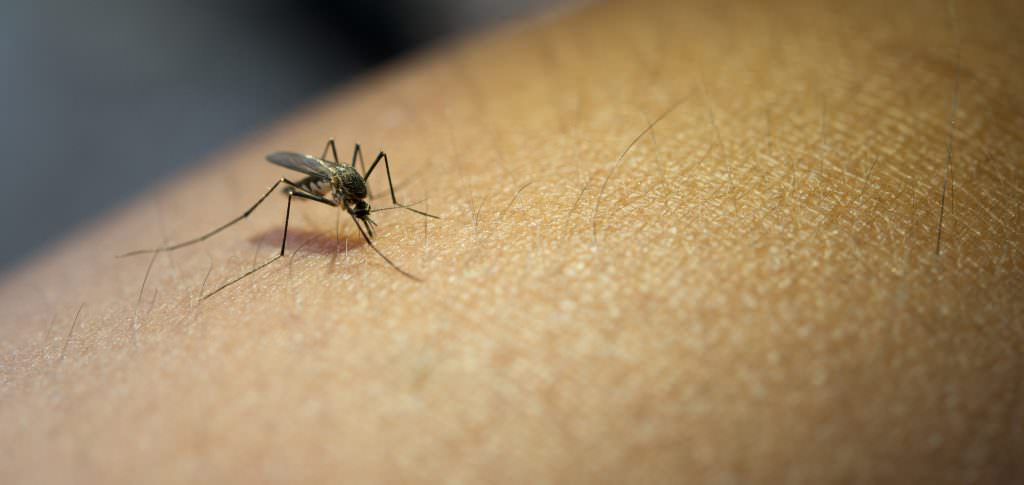To say that dengue is a serious concern in the Philippines would be a bit of an understatement. Filipinos have always had dengue on their minds, and with good reason. Recent findings show that there has been an increase in dengue incidences in the country.
The cost of dengue
Based on statistics from the Department of Health (DOH) Epidemiology Bureau, there were 179,540 dengue fever cases from January to November of 2018 and 907 dengue fever-related deaths. Dengue is the most common mosquito-borne viral infection in tropical regions such as the Philippines, and has potentially devastating impacts on both the health of the patient and the financial situation of their family.
Dengue is the most common mosquito-borne viral infection in tropical regions such as the Philippines, and has potentially devastating impacts on both the health of the patient and the financial situation of their family.
In the Philippines, when you factor in all of the fees, tests, medical expenses, and other payables, a nasty bout of dengue can easily do up to PHP 170,000 worth of damage to the patient’s finances. That’s not even counting the additional medication and other expenses that the family will doubtlessly incur as the patient moves toward recovery, provided that the patient is fortunate enough to survive in the first place. The biggest part of the total bill will the doctors’ fees and prescribed medicine.
In case you require financial assistance, PhilHealth can cover up to P8,000 (for Dengue I) and P16,000 (for Dengue II) of your hospital bill. This benefit is applicable for all Sponsored Program members admitted at any accredited government hospital. This also includes indigent families who are enrolled in the National Health Insurance Program (NHIP). Combine this with HMO privileges (if you’re currently employed) and health insurance (if you have any), and you’ll be able to knock a considerable amount off your bill.
That’s still not enough, though, which is why getting special insurance for dengue is another option that’s worth considering.
How does dengue insurance work?
The concept of dengue insurance might sound odd, but it’s real (and actually quite helpful).
Dengue insurance works pretty much like ordinary health insurance. In the Philippines, there are providers such as Fortune General Insurance Corp. (FGen) that offer these plans. Incidentally, FGen covers not just dengue, but also zika andchikungunya.
Dengue, Zika, & Chikungunya: What’s the difference?
Dengue is perhaps the most well-known of the three. It has four strains or serotypes, and getting infected with one means you’ll gain immunity against it after you recover. It is often characterized by a sudden high fever, skin rashes, severe headaches, and nausea, among other things.
Zika is characterized by fever, exanthema and non-purulent conjunctivitis. It has a relatively low morbidity rate, but is still dangerous due to its association with cases of microcephaly and Guillain–Barré syndrome. Many zika patients are asymptomatic, meaning they are unlikely to exhibit any outward signs of infection.
Lastly, chikungunya is often signaled by a sudden fever accompanied by skin rashes and joint pain, after which persistent rheumatic symptoms follow. It is caused by an RNA virus called CHIKV, and is rarely fatal.
In the event that you were diagnosed with either of the three, you’ll be able to get a lump sum to help you pay the bills.
You don’t even have to be confined to cash it in; all you need is an official diagnosis from your doctor that the symptoms you’re suffering from (such as fever, chills, and body pain) are indeed a result of dengue, zika, or chikungunya.
Like other kinds of health insurance, dengue insurance has an age range requirement (from a day old to 70 years old maximum). In the case of FGen’s Mosquitronella plan, it can be availed for a mere PHP 350, which you’ll only need to pay once and be covered for a year. The company introduced the plan in the Philippines in 2017, which awards the lump sum of P10,000.00 for dengue treatment, and another P10,000.00 in the event of death due to dengue.
The best time to invest in dengue insurance is when you’re in the pink of health.
The best time to invest in dengue insurance is when you’re in the pink of health. You’ll never know when you might contract this deadly disease, and it’s better to be ready than to be caught unprepared. After all, you wouldn’t want the cost of dengue to add to your already-piling stress and grief. Get covered! Contact our Risk and Asset Advisors now at (+632) 706-3959.
References
● https://www.ecomparemo.com/info/a-comparison-of-dengue-insurance-products-in-the-philippines/
● https://businessmirror.com.ph/2017/07/31/fortune-general-launches-insurance-vs-dengue-risk/
● https://www.ecomparemo.com/info/the-alarming-cost-of-dengue-treatment-in-the-philippines/
● https://news.mb.com.ph/2018/12/13/dengue-fever-cases-up-33-percent-in-2018/
● https://www.ecomparemo.com/info/a-comparison-of-dengue-insurance-products-in-the-philippines/
● https://businessmirror.com.ph/2017/07/31/fortune-general-launches-insurance-vs-dengue-risk/
● https://www.ecomparemo.com/info/the-alarming-cost-of-dengue-treatment-in-the-philippines/
● https://news.mb.com.ph/2018/12/13/dengue-fever-cases-up-33-percent-in-2018/

